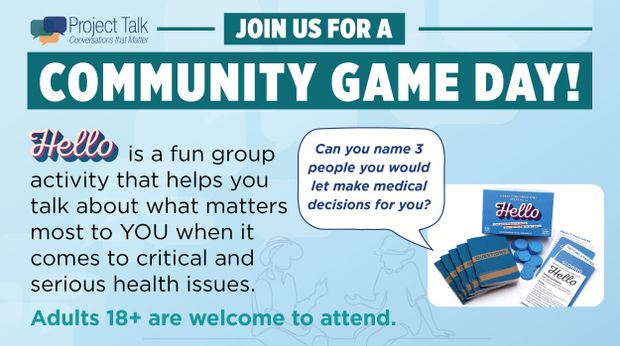Memory loss is a common concern for many individuals, often leading to worries about Alzheimer’s disease or related disorders. Marianne McClain, PsyD, Adult Neuropsychologist with Quincy Medical Group (QMG) and the QMG Memory Clinic, emphasizes that memory loss does not always indicate a progressive condition.
Dr. McClain shares that memory loss is also commonly associated with potentially treatable medical conditions, such as infection, metabolic changes, nutritional deficiencies, dehydration, or other health factors. The QMG Memory Clinic is designed to evaluate and treat adults who are experiencing memory loss or other changes in thinking.
“There are many potentially modifiable factors that can contribute to memory loss, such as diminished sensory input (e.g., decreased vision or hearing), medication side effects, substance use, emotional distress, disrupted sleep, chronic pain, lack of interpersonal connectedness, sedentary lifestyle, and other factors,” Dr. McClain explained.
Dr. McClain underscores the significance of overall health, particularly heart and blood vessel health, in relation to brain health. Factors such as diabetes, obesity, high cholesterol, hypertension, and inactivity can increase the risk of memory loss. Conversely, lifestyle choices like exercise, mental stimulation, social interaction, adequate sleep, and proper nutrition can promote brain health and potentially protect against memory decline.
One crucial question often asked is when patients should seek care for their symptoms. Dr. McClain advises that while some forgetfulness and slowing down of cognitive functions is a natural part of aging, dementia is not.
“Dementia reflects a significant decline in more than one aspect of thinking (e.g., memory, attention, use of language, etc.) that negatively impacts functioning,” she explained. “If patients or loved ones notice changes in thinking that impact their ability to engage in daily tasks, they are encouraged to talk to their doctor to help determine whether changes reflect healthy aging or require further assessment.”
Some warning signs that indicate the need to seek care include:
- Forgetting newly learned information (e.g., asking repeat questions/retelling information repeatedly within brief time frames or forgetting important events/appointments).
- Difficulty completing previously routine tasks (e.g., forgetting steps in a known recipe, trouble paying bills that they normally pay, becoming lost while driving to familiar locations, or decreased attention to hygiene/grooming).
- Misplacing items with difficulty retracing steps to find them or finding items in atypical locations.
- New language difficulty (e.g., stopping in the middle of a sentence without ability to resume their train of thought or significant difficulty finding the word for common objects/using the wrong words)
- Confusion as to where they are or how they got somewhere. The Alzheimer’s Association has some excellent resources, including a webpage that elaborates on these and other warning signs of concerning memory loss that may be beneficial: https://www.alz.org/alzheimers-dementia/10_signs.
The QMG Memory Clinic takes a multidisciplinary approach, bringing together a team of experts who can address various aspects of memory and cognitive health. This approach allows patients to access different specialty providers during a single visit, saving time and streamlining the diagnostic process.
“The clinic can be an important support to patients through identification of factors that may contribute to thinking difficulties, so that these areas can be targeted in treatment. With effective intervention for potentially modifiable factors, memory and other thinking problems may resolve,” said Dr. McClain.
In the event that the evaluation identifies concern for dementia, the QMG Memory Clinic team plays an essential role in provision of support for patients and caregivers in understanding their diagnosis, short- and long-term care planning, and initiation of treatment.
In addition to Dr. McClain, the QMG Memory Clinic team includes the physician and nursing team of Halley Anderson, D.O., a board-certified physician specializing in geriatrics, and Stephanie Flesner, registered nurse. Brian Goodwin, a medical social worker, is also on-hand and offers information on available services and provides follow-up support.
Furthermore, Kelsey VonderHaar, a speech-language therapist with training in cognitive rehabilitation, developed a specialized group program called “Aging Gracefully” to assist Memory Clinic patients in implementing strategies to enhance daily functioning.
“Undergoing an evaluation with providers across disciplines facilitates a more thorough assessment of different factors that may impact thinking (e.g., medical, situational, or lifestyle factors) and allows for unique perspectives that may bring attention to a concern outside the usual purview of the other providers, which may improve diagnostic accuracy,” Dr. McClain shared. “In addition, meeting with a team provides broader supports and easier access to assistance with implementing treatment recommendations.”
With the expertise of the QMG Memory Clinic team, patients can find solace, understanding, and guidance on their journey toward optimal memory health. To learn more, call (217) 222‑6550, ext. 3788 or click here.
Health Topics:







